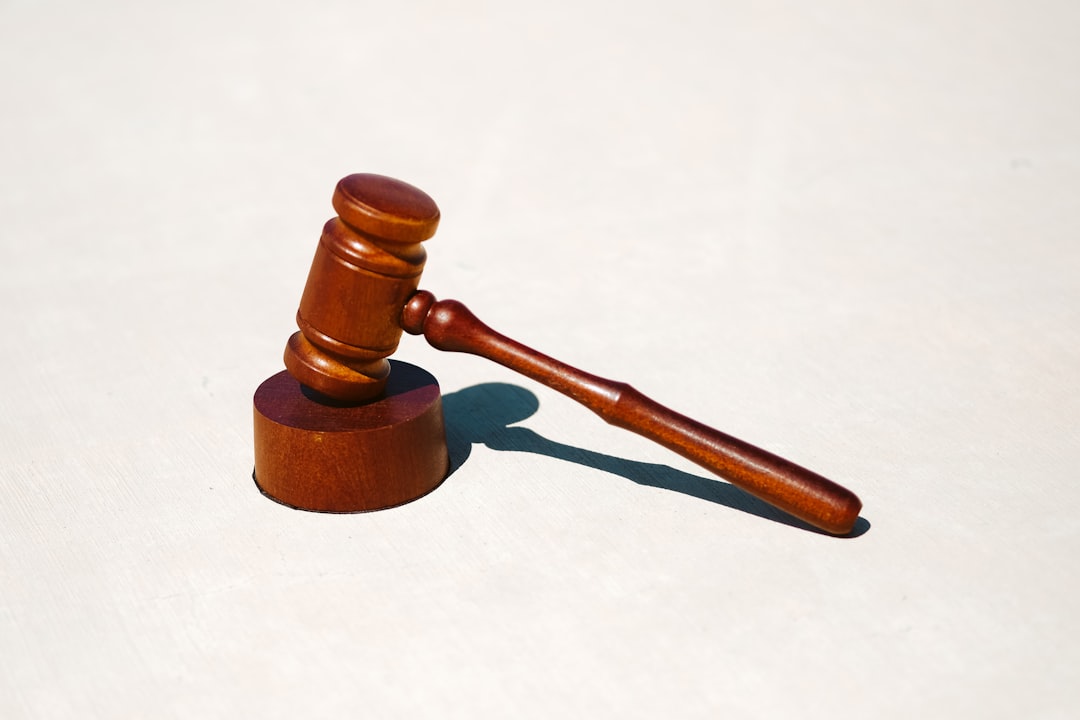In Delaware, both debtors and consumers have rights protected by state and federal laws, including the FDCPA, governing ethical debt collection practices. Consulting a qualified debt collector attorney is advisable to navigate these regulations, dispute debts, and protect against abusive behavior from collectors, ensuring fair treatment throughout the process.
In Delaware, debt collection practices are regulated to protect consumers from harassment. This comprehensive guide delves into the state’s debt collection laws, empowering residents to understand their rights. We explore common scenarios where harassment crosses the line into illegal territory, offering valuable insights through case studies. Additionally, we provide guidance on locating and consulting a skilled debt collector attorney in Delaware for effective legal recourse.
Understanding Delaware's Debt Collection Laws

In Delaware, debt collectors must adhere to strict regulations set forth by state law to protect consumers from harassment. Understanding these laws is crucial for anyone dealing with debt collectors in the state. A debt collection attorney in Delaware can help explain these rules and ensure your rights are respected.
Delaware’s laws, like many other states’, aim to strike a balance between holding debtors accountable for their debts and preventing excessive or aggressive collection practices. These regulations limit the tactics debt collectors can use when attempting to retrieve money from individuals or businesses. Knowing your rights under these laws is essential for navigating interactions with debt collectors effectively.
Rights of Consumers: What You Need to Know

In Delaware, consumers have specific rights when it comes to debt collection practices. According to the Fair Debt Collection Practices Act (FDCPA), debt collectors must adhere to ethical and transparent standards when attempting to collect debts from individuals. This includes refraining from using abusive, threatening, or harassing language, as well as providing accurate information about the debt and its origins. Consumers are entitled to dispute the validity of a debt within 30 days of receiving a collection notice, and they can request validation of the debt, ensuring that it is indeed theirs and owed.
If you believe your rights have been violated by a debt collector in Delaware, consulting a qualified debt collector attorney is advisable. Legal experts specializing in debt collection law can guide you through your options, which may include sending cease-and-desist letters, filing formal complaints with regulatory bodies, or even pursuing legal action to stop the harassment and protect your financial rights. Protecting yourself from abusive debt collection practices is crucial for maintaining peace of mind and ensuring fair treatment during challenging financial situations.
When Harassment Becomes Illegal: Case Studies

In Delaware, debt collection practices are regulated by both state and federal laws designed to protect consumers from abusive or harassing behavior. While legitimate debt collectors have a right to pursue payment, crossing certain boundaries can result in legal repercussions for both the collector and their employer. Case studies of debt collector harassment often highlight extreme examples, such as repeated and unsolicited contact, false threats, or using aggressive language that creates a hostile environment.
One notable case involved a collector making numerous phone calls to a consumer’s workplace, despite knowing they were protected by the Consumer Credit Protection Act (CCPA). Another involved a collector threatening legal action without intent to follow through, which is considered a form of intimidation. These examples serve as reminders that debt collectors must adhere strictly to the law, including respect for personal boundaries and privacy rights. Consulting with a qualified debt collector attorney in Delaware can help both debtors and creditors understand their rights and responsibilities under these laws.
Finding and Consulting a Debt Collector Attorney in DE

If you’re facing harassment from a debt collector in Delaware, it’s crucial to know your rights and options. One of the best steps you can take is to consult with a qualified debt collector attorney in DE. These legal professionals specialize in consumer protection laws and have in-depth knowledge of how to handle debt collector harassment.
A debt collector attorney in Delaware can provide valuable guidance tailored to your situation, help you understand your rights, and take appropriate action against the debt collector if necessary. They can communicate with the collector on your behalf, send cease and desist letters, or even file legal actions to stop the harassment and ensure fair treatment throughout the debt collection process.






